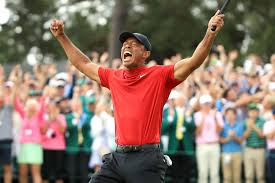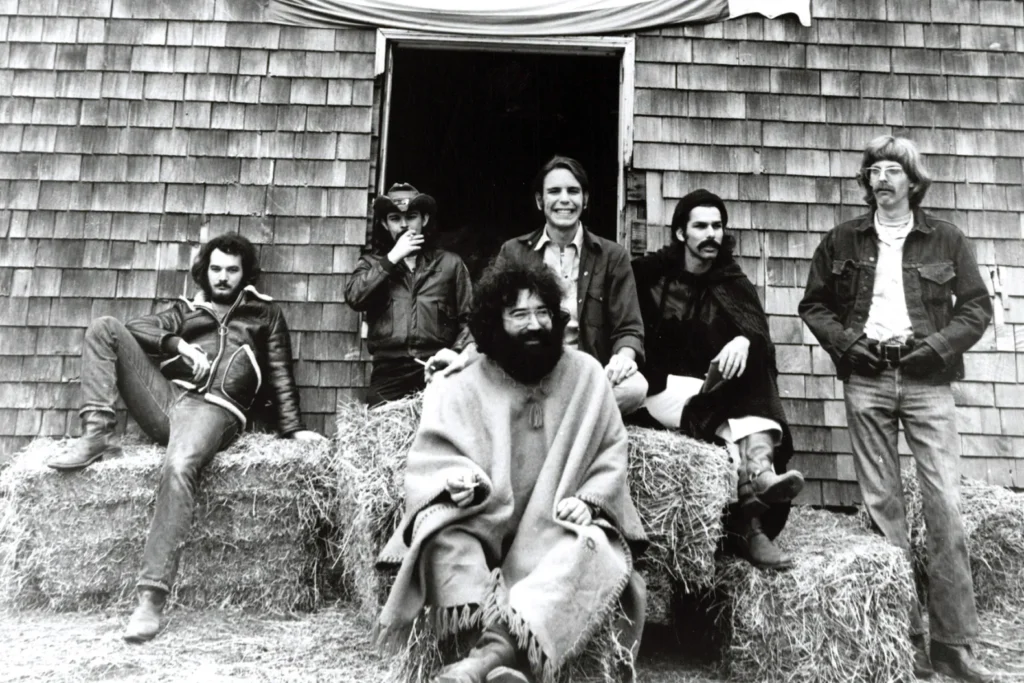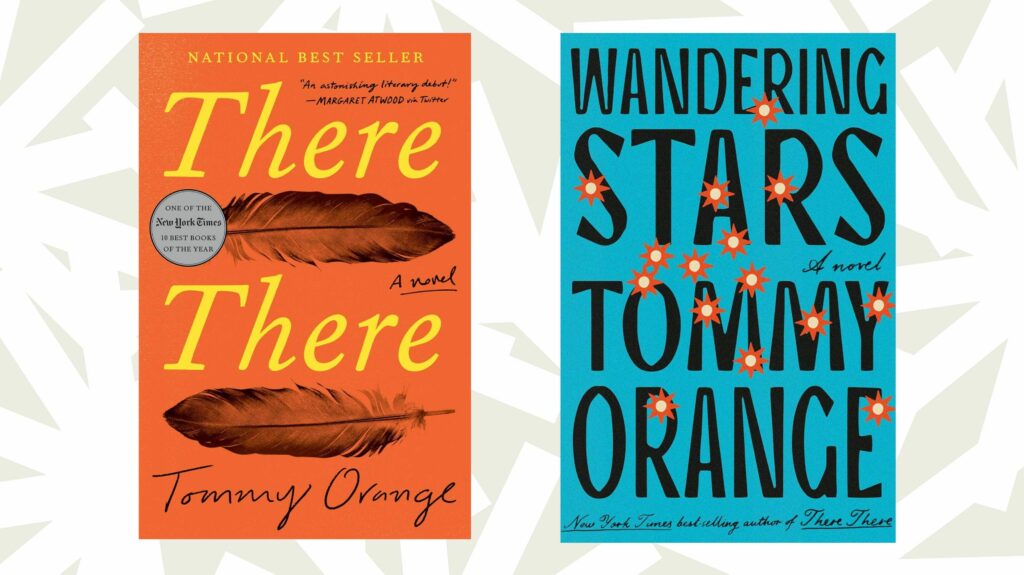 Tiger Woods celebrated a return to past glory yesterday which very few, including me, ever felt he’d achieve. His Masters victory was a beautiful thing to watch. Bunched up with 10 other players on the leaderboard into the back nine of the final round, Tiger made great shots when he had to and displayed nerves of steel. As other crumbled under the crush of Masters-level pressure, Tiger never flinched.
Tiger Woods celebrated a return to past glory yesterday which very few, including me, ever felt he’d achieve. His Masters victory was a beautiful thing to watch. Bunched up with 10 other players on the leaderboard into the back nine of the final round, Tiger made great shots when he had to and displayed nerves of steel. As other crumbled under the crush of Masters-level pressure, Tiger never flinched.
He’s always been popular, but never seemed terribly likeable or charismatic to me. It was good to see him playing well, but until he made the turn on Sunday I fully expected that his injury-plagued body or his emotional demons would, as they have consistently in the past 11 years, make winning an impossibility. And I would have been very happy to see young Xander Schauffele or Tony Finau win their first majors.
Fighting impossible odds is always a key element of hero stories. But Tiger’s story doesn’t track well with the 17 stages of the monomyth as defined by Joseph Campbell. He was a child prodigy, pushed relentlessly by his father, who won his first major, this very same Masters tournament, at the tender age of 21. He was the youngest ever to win it and did so with a record low score. He then went on to dominate golf for a decade.
Missing from his arc were two important stages. The “call to adventure” is always the beginning, followed by a “refusal of the call.” Indeed, when God commands Moses to lead the Jews out of Egypt, Moses replies that he is not eloquent enough and that God should send someone else. When Obi Wan Kenobi implores Luke to join the Rebellion and teach him the ways of the Jedi, Luke doesn’t want to leave his Aunt and Uncle on the planet Tatooine.
In addition, before they fight their battles, emerge triumphant, and return to bestow wisdom to their former worlds, heroes must die a spiritual death and be reborn in the “belly of the whale.” Think of the dark scene in “The Empire Strikes Back” where Luke enters a cave to confront the image of Darth Vader, kill him in a virtual battle, and see the visor on Vader’s disembodied head lift to reveal his very own face.
But Tiger, as far as we could tell at the time, embraced his destiny with full-throated enthusiasm. And if there was a time of introspection or rebirth, it wasn’t apparent. Tiger seemed to be all hero, no journey. At least not the classic hero’s journey.
As it turns out, Tiger was human. On Thanksgiving night, 2009, his wife Elin woke him up and chased him out of the house with a golf club. Running away, drowsy from having taken an Ambien, Woods jumped into his Escalade, pulled out of the driveway at 30 mph, ran over some hedges, hit a fire hydrant and eventually smashed into a tree. He wound up in the street bleeding and unconscious.
Seems that Elin had found out that Tiger was a serial philanderer that night. They eventually divorced. It was the tip of the Titanic-sized iceberg that included serious knee and back injuries, a series of surgeries and substance abuse. His last major victory, the US Open in 2008, seemed that it would be his last.
This is where Tiger’s true Hero Story seems to begin. Down and out, he wanted to play again and win. So did his fans. And so did the PGA, Nike, the TV networks and others who wanted to continue to profit from him.
There was great reluctance. Could he ever trust his body again? There was soul searching. And there was so much hard work.
How could you not root for Tiger as the tournament as he vanquished his rivals? A comeback in his profession and his life that is nothing short of heroic. And such a great inspiration for anyone who is told that they are too frail, too old or too anything to achieve – or recapture – greatness.
Still no extrovert, Tiger seems more friendly and assessable these days. He seems to have benefited great from the humility of his setbacks and the wisdom of aging. Now, with his “Crossing of the Return Threshold,” we’ll see if he can do better in his second hero incarnation than his first.
“The trick in returning is to retain the wisdom gained on the quest, to integrate that wisdom into a human life, and then maybe figure out how to share the wisdom with the rest of the world.”



